As Chinese people’s daily lives are now greatly influenced by western culture, loan words that are closely related to western people’s lifestyle are getting more and more popular in China. What’s important about loan words in the Chinese language is that their meanings cannot be explained character by character, which means there is no logic behind them. The purpose of this article is to provide you with a general idea about some of the commonly-used loan words in Mandarin Chinese. Let’s get started!
Food and Drink-Related Loan Words in Mandarin Chinese
1. 咖啡 (kāfēi)

Judging by its pronunciation, it can be easily deduced that the meaning of this word is “coffee”. When it comes to western food and drinks, there are quite a few loan words that have penetrated into our daily lives.
Example:
我的妹妹喜欢喝咖啡。
Wǒ de mèimei xǐhuan hē kāfēi.
My younger sister likes drinking coffee.
Apart from 咖啡 (kāfēi), some other popular loan words related to food and drinks are:
2. 披萨 (pīsà) pizza
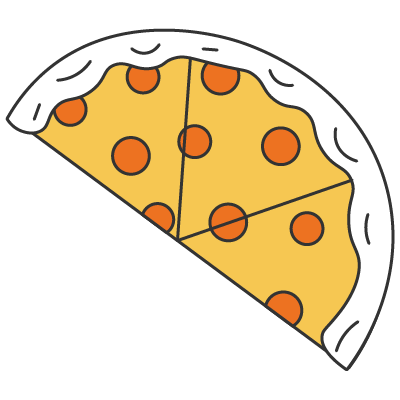
3. 三明治 (sānmíngzhì) sandwich
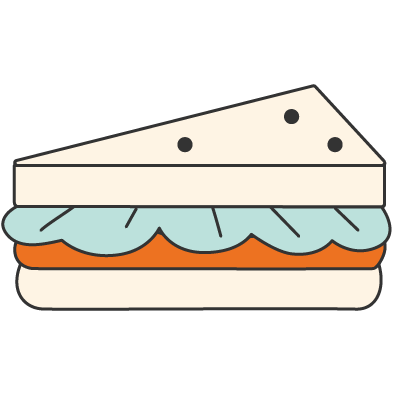
4. 沙拉 (shālā) salad

5. 汉堡 (hànbǎo) burger
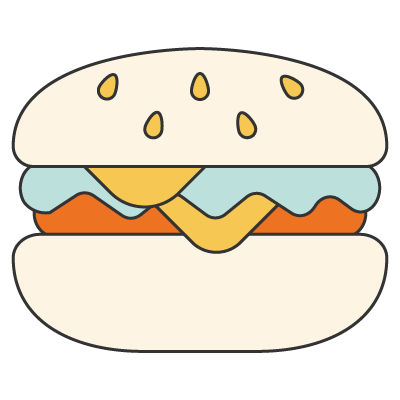
6. 巧克力 (qiǎokèlì) chocolate

7. 柠檬 (níngméng) lemon
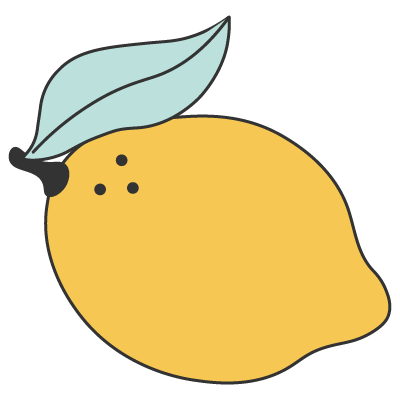
8. 可乐 (kělè) coke

9. 苏打水 (sūdǎ shuǐ) soda water

Other Loan Words
沙发 (shāfā)

The word 沙发 (shāfā) means sofa, which was something considered luxurious in China back in the 1980s. As has been mentioned above, an important feature of loan words in Chinese is that they cannot be analyzed character by character. The character 沙 (shā) in 沙发 (shāfā) means “sand”, which has nothing to do with the meaning of the word.
Example
昨天我买了一个新沙发。
Zuótiān wǒ mǎi le yī gè xīn shāfā.
I bought a new sofa yesterday.
幽默 (yōumò)

It’s a bit hard to guess the meaning of this word purely based on how it’s pronounced. Well, the English equivalent of this word is actually “humor/humorous”, whose pronunciation is more or less similar to “幽默 (yōu mò)”. Generally speaking, Chinese people are considered to be quite serious and conservative, and that’s why people with a good sense of humor are often very popular among their peers.
Example
他既幽默又友好。
Tā jì yōu mò yòu yǒu hǎo.
He is humorous and friendly.
Vocabulary
既 (jì) A 又 (yòu) B • both A and B
友好 (yǒuhǎo) • friendly
逻辑 (luójì)

The English equivalent of 逻辑 (luójì) is logic. Nowadays this word can often be heard when it comes to school education as teachers in China have realized that in addition to rote learning, it’s also very important to help students improve their logical thinking.
Example:
他说的话没有逻辑。
Tā shuō de huà méi yǒu luójì.
There is no logic in what he said.
扑克 (pūkè)
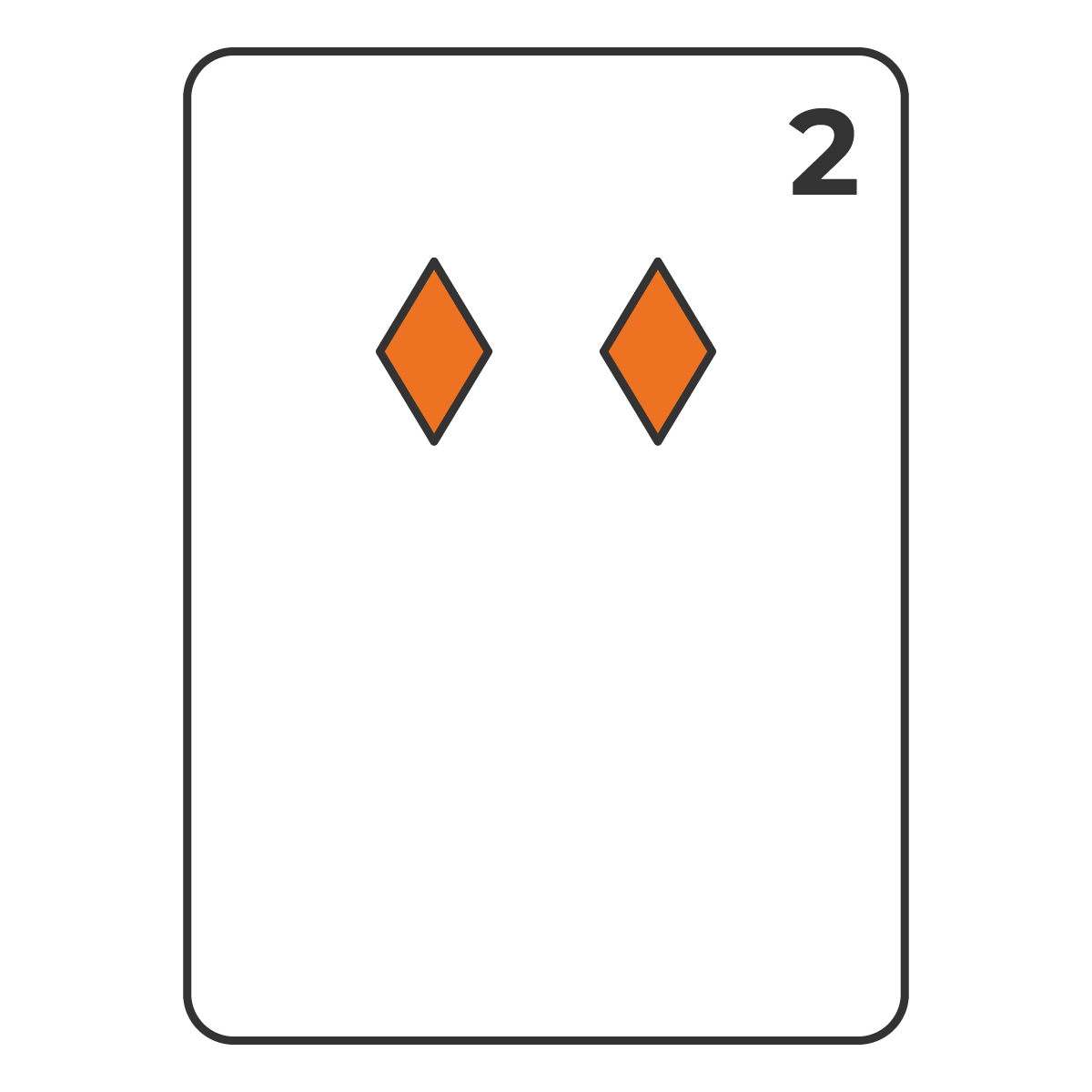
When Chinese people are asked how they spend their leisure time, one of the most common answers they might give is playing on their phones. However, imagine we are talking about a world without smartphones or the internet, “扑克 (pū kè)”, meaning poker, would certainly be Chinese people’s first choice for them to kill time. Even now it’s still one of the favorite things Chinese people do when having a get-together.
Example
星期六我们准备玩扑克。
Xīngqīliù wǒmen zhǔnbèi wán pūkè.
We are going to play poker on Saturday.
Vocabulary
准备 (zhǔnbèi) • to prepare, intend (to do sth.)
We hope you enjoyed learning about loan words in Mandarin Chinese!
If you are in the learning mood, check out a similar post:

How To Emphasize Things In Chinese
Many foreigners consider China as an ideal destination for them to develop their careers due to the rapid growth of China’s economy. Those who have had the chance to live in China were certainly amazed by the rich food culture and the stunning natural scenery....








0 Comments